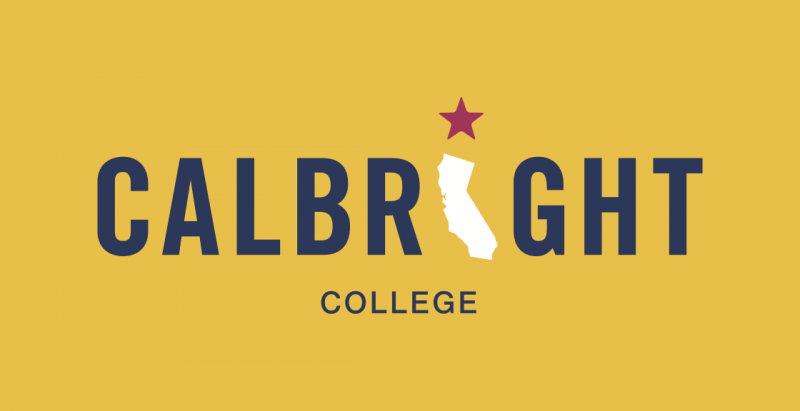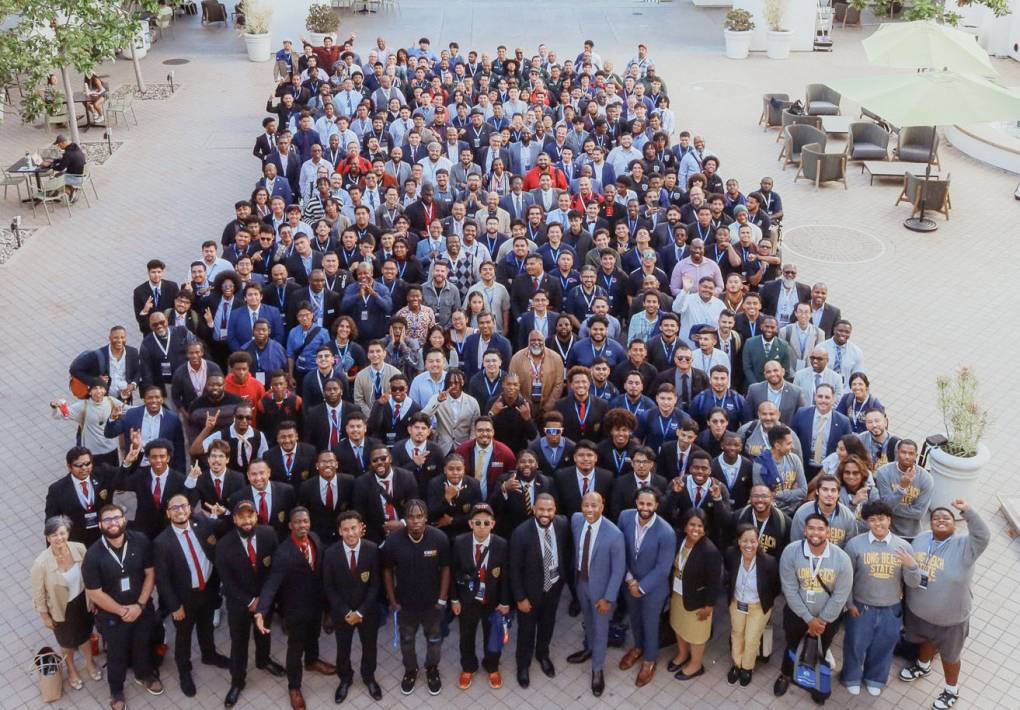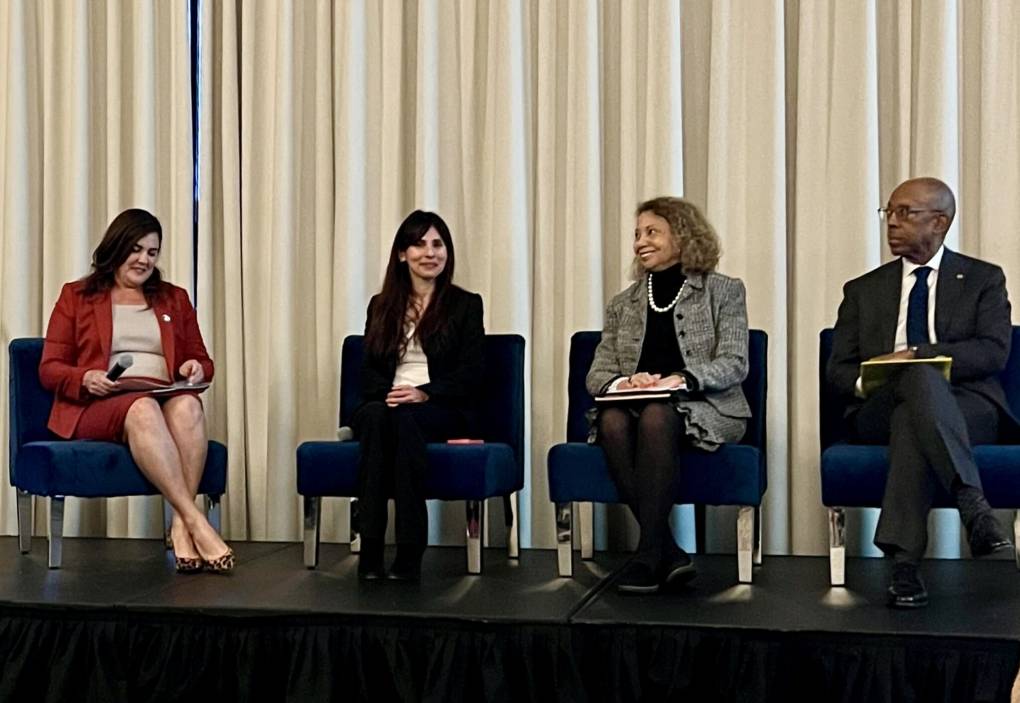Rather than completing a certain number of classroom hours or achieving a specific grade, students will receive credit for the experience they’ve previously acquired in the workplace and will then have to demonstrate competency in a particular set of skills.
“What we’re doing is pretty unique, not just in California but the whole country,” said Taylor Huckaby, Calbright’s communications director.
New students will first take a skills assessment and then enroll in a basic college and career preparation. They can then enroll in one of the three program pathways, all of which are self-paced and designed to be completed in under one year, according to Calbright’s website. The school will then continue to guide students through industry apprenticeships and certification programs, while covering any related fees, Huckaby said.
The ultimate goal is for Calbright officials to understand and meet student needs through every step of the experience, Huckaby said, noting that each student will be connected with a counselor to help “walk them through” the process. Although it’s all online, there is a constant human touch guiding folks through these program pathways.”
Program pathways will also continually change in response to industry demand, Hucakby added.
“We’ll be constantly taking the temperature of the labor market — what jobs need to be filled,” he said. “We’re focused on getting people jobs, not so much getting degrees.”
As with the rest of the state’s community college system, there are no minimum academic requirements needed to register or enroll in Calbright, and tuition is entirely free.
The school’s registration system came online at 8 a.m. Tuesday, and as of 1 p.m. about 250 students had already signed up, said Huckaby, noting that the initial enrollment window would close after the first 400 applications were received.
Many questions, though, still remain about how the nascent virtual college will operate, particularly in light of the many obstacles it faces.



